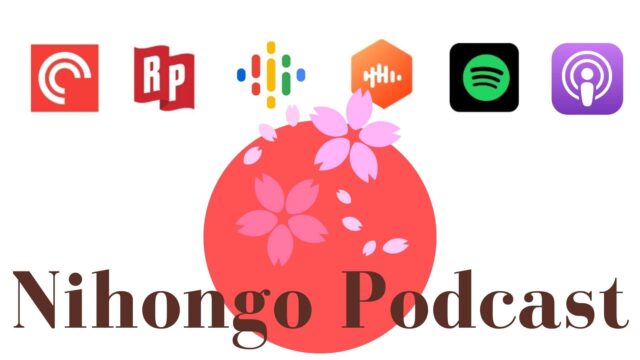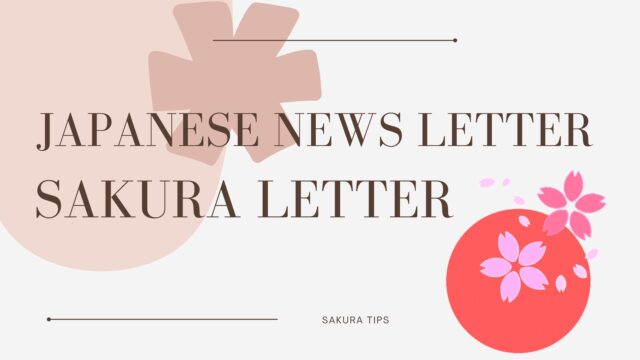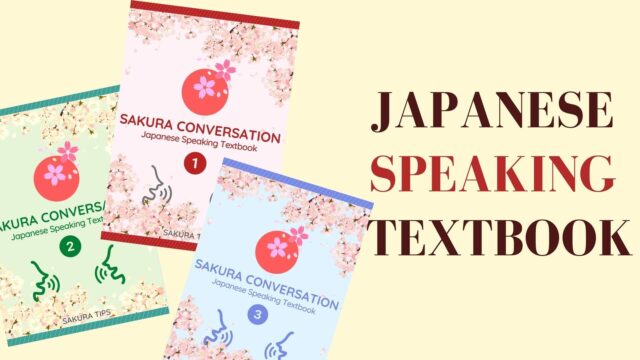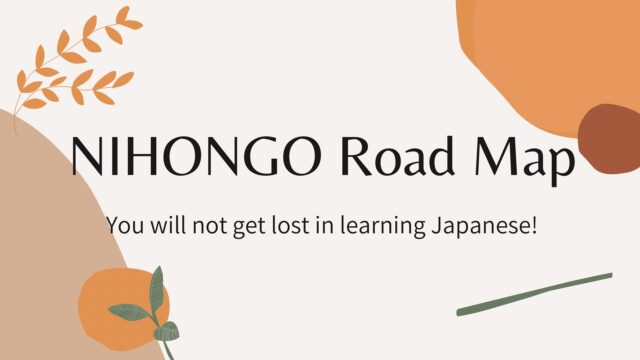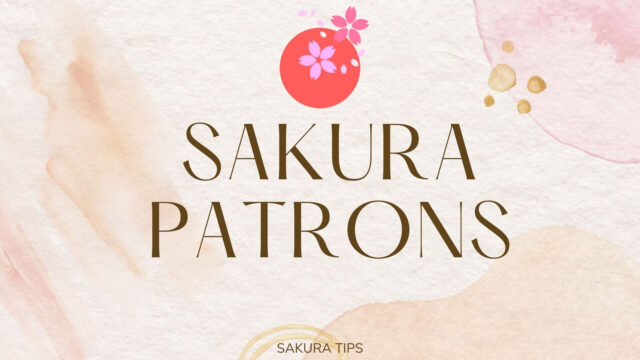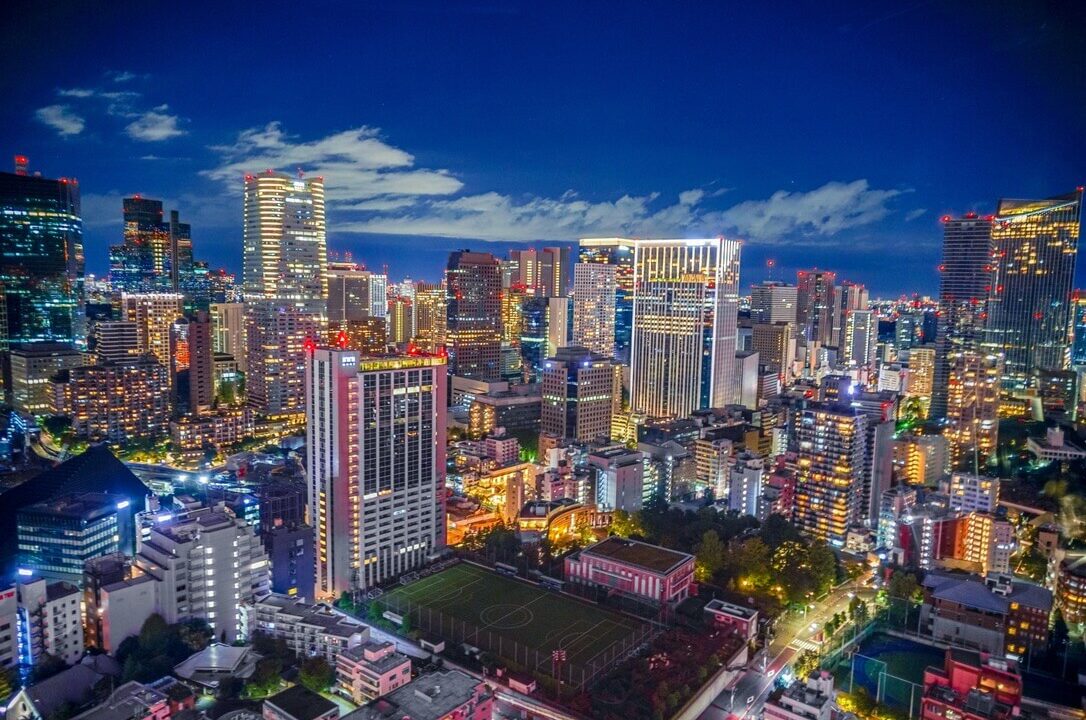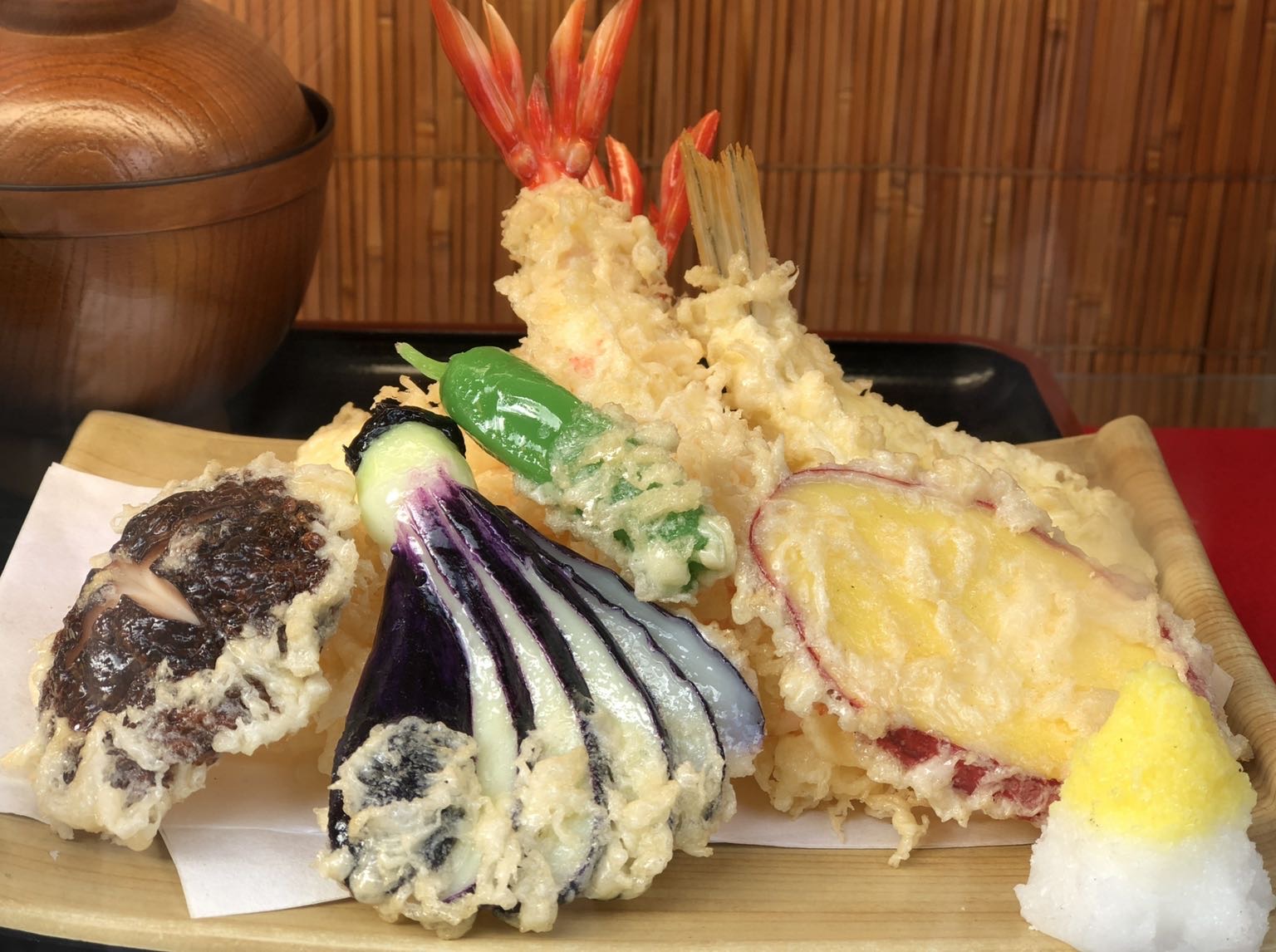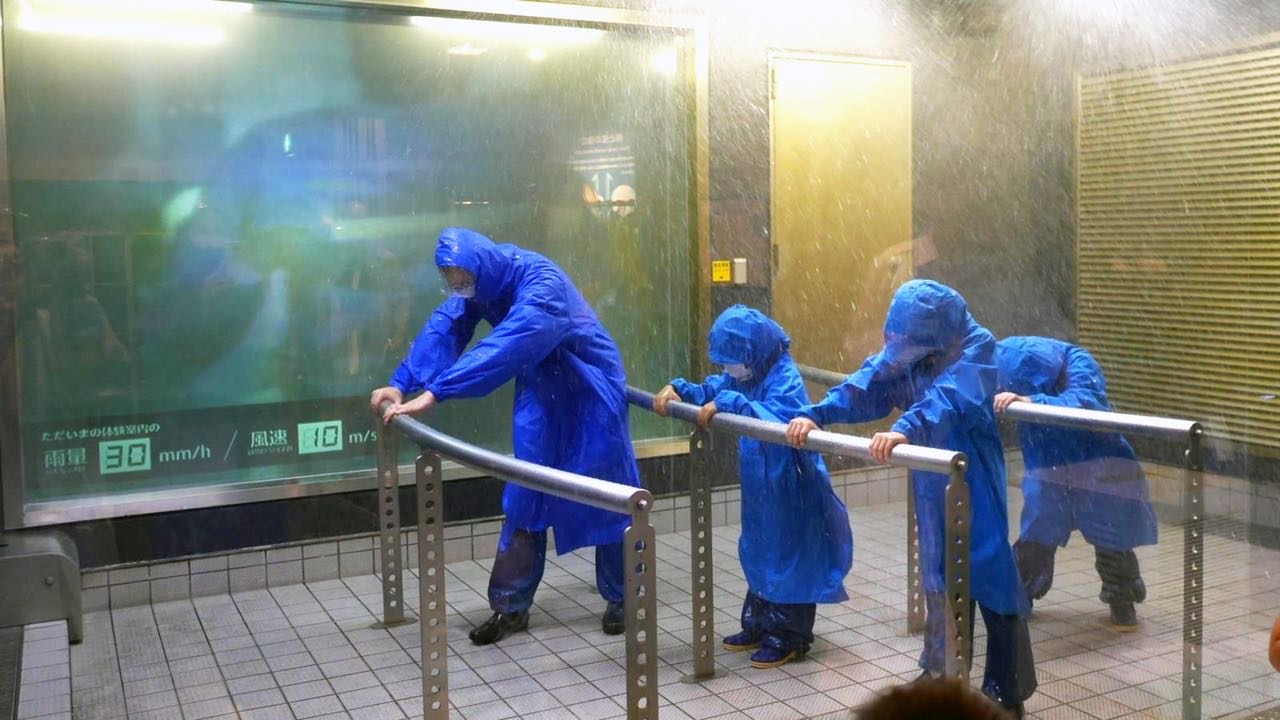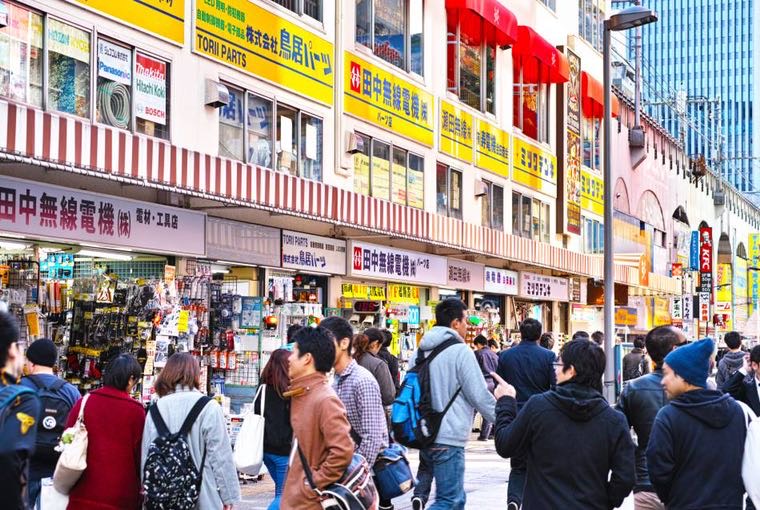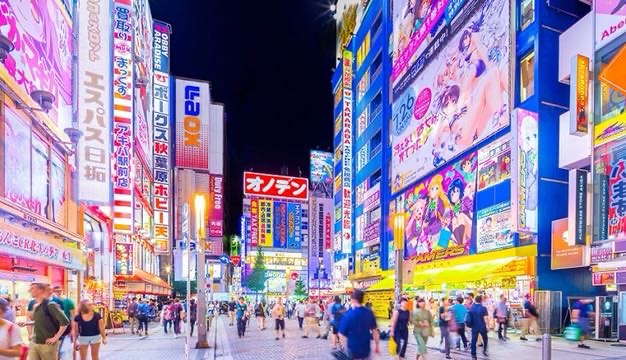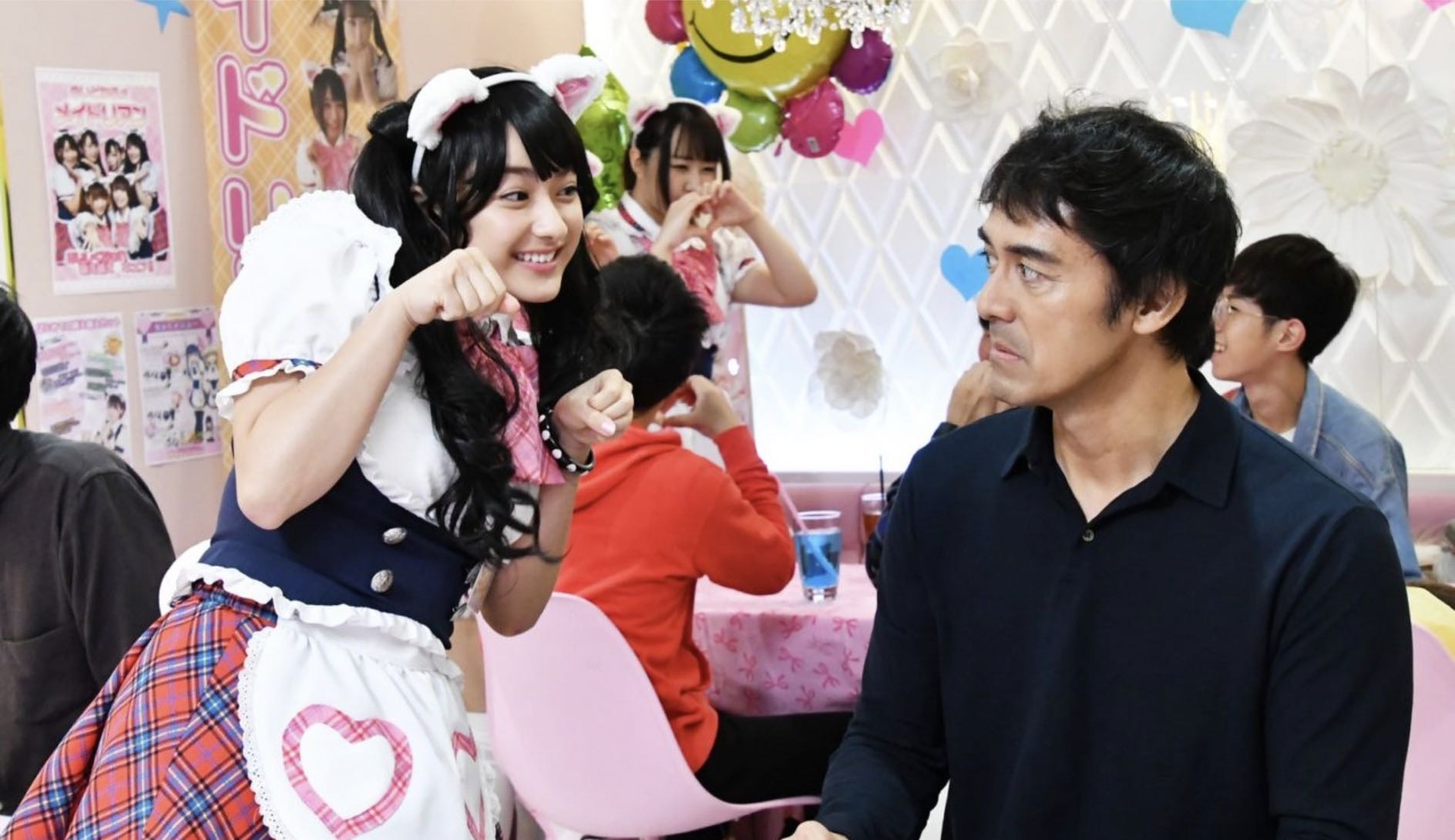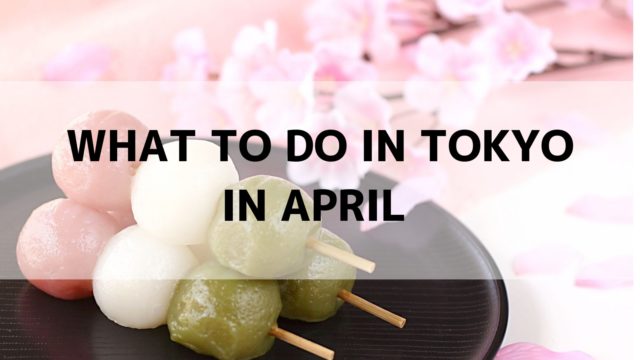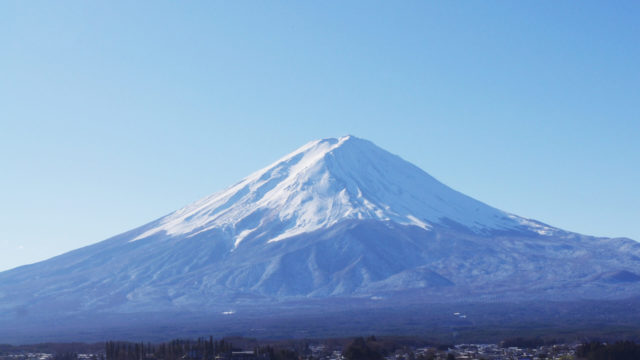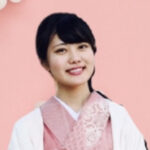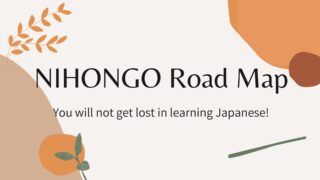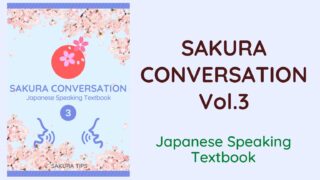There are many famous tourist spots in Tokyo, such as Asakusa and Shinjuku.
So most people are probably planning to explore the famous spots.
However, there are also many ‘unique experiences’ you can have in Tokyo that go beyond just visiting tourist spots such as maid cafes, ninja lessons, tuna auctions, and many more.
Here is a list of 10 unique experiences you can have in Tokyo.
Watching Sumo Wrestling
Sumo is a martial art and sport that has been practiced in Japan since ancient times.
It is one of the most unique sports and an icon of Japan.
Matches are held in odd-numbered months, with matches January, May, and September being held at the Kokugikan in Ryogoku, Tokyo.
Matches in March, July, and November are held in Osaka, Aichi, and Fukuoka respectively.
The duration of each tournament is 15 days.
Many tours are organized during the sumo season. If you have never been to a sumo tournament before, it is a good idea to join a tour and learn about the rules, history, and traditions.
In addition to the matches, you can also watch sumo training at the sumo ‘stables’ where the wrestlers live, eat, and train.
You can only watch during the morning, and there are some rules to observe quietly.
Some rooms are open to the public through a window, while others are arranged as part of a tour.
It is a unique experience in Japan to be able to experience the power of sumo up close and personal.
Making food samples
A food sample is a model of a menu item displayed in front of a restaurant in Japan.
They are made of synthetic resin and look just like the real food. Generally, these models are handmade and in recent years they have become increasingly popular as toys, souvenirs, and interior decorations.
There are also shops where you can actually try your hand at making food samples.
“The Original Food Sample Shop” is a food sample manufacturing company with a history of nearly 90 years which holds food sample making classes at their stores in Asakusa Kappabashi and around Tokyo Skytree.
Reservations may be required, so be sure to check in advance.
■The Original Food Sample Shop
Disaster Prevention Experience
Japan is a country with many natural disasters and there are a few facilities in Tokyo where you can learn about disaster prevention techniques and gain useful knowledge in case of an earthquake, storm, or fire.One of them, the Honjo Disaster Prevention Centre, is located near the Sky Tree.
The Honjo Disaster Prevention Centre includes an earthquake experience spot where you can experience a tremor of intensity 7, a smoke experience spot where you can evacuate while looking for a way out in the smoke, and a storm experience spot where you can experience strong winds and heavy rain.
Reservations are required for these activities.
Reservations are accepted on the day of the event, but it is better to make a reservation in advance since it can sometimes be full of groups and tours.
One thing to consider is that in most cases all information is provided in Japanese. Furthermore, many of the experience corners have age restrictions, so be sure to check carefully.
Akihabara
Akihabara, also known as Akiba, is a world-famous tourist attraction as the centre of the electric town and the subculture of games, anime, and manga.
Before the war, it was a downtown area with a mixture of houses and stores, and there were several electronics stores because of its proximity to the busy shopping areas of Ueno and Kanda.
After the war, these electronics stores were combined with the black market to gradually create an electronics district.
In the 1990s, subculture-related stores began to gather in the area, starting with the game stores that sprang up in connection with this, and the “Otaku Town” of Akihabara began to take shape. On Sundays, Chuo-dori is a pedestrian paradise.
Electric Town
One of the most famous places in Akihabara.
In addition to the usual electronics mass merchandisers such as Yamada Denki, Yodobashi Camera, Onoden, etc., there are also electronic parts stores that sell products that are not available at the usual electronics stores.
There are many items that can only be found here, such as parts for homemade computers, electronic crafts, and used computers.
Game / Anime Shops
There are numerous stores selling games, manga, anime, and associated merchandise. Compared to other cities, Akihabara has by far the largest number of these kinds of stores.
Examples includes “Kotobukiya” which specializes in figurines, “Toranoana” and “Rashinban” which deal in second-hand goods, and “Animate” which sells the latest anime goods.
Maid cafes
Maid cafes are cosplay cafes where the staff wear apron dresses like a maid.
Many of them opened in Akihabara from the late 1990s to the 2000s, riding on the boom of maid games and anime.
There are nearly 200 maid cafes in Akihabara (as of December 2020).
Some of them offer unique services, such as “Sengoku Maid Cafe & Bar Mononopu,” which is themed around the Sengoku period, and “Cure Maid Cafe,” which offers authentic afternoon tea.
Cup Noodle Museum Yokohama
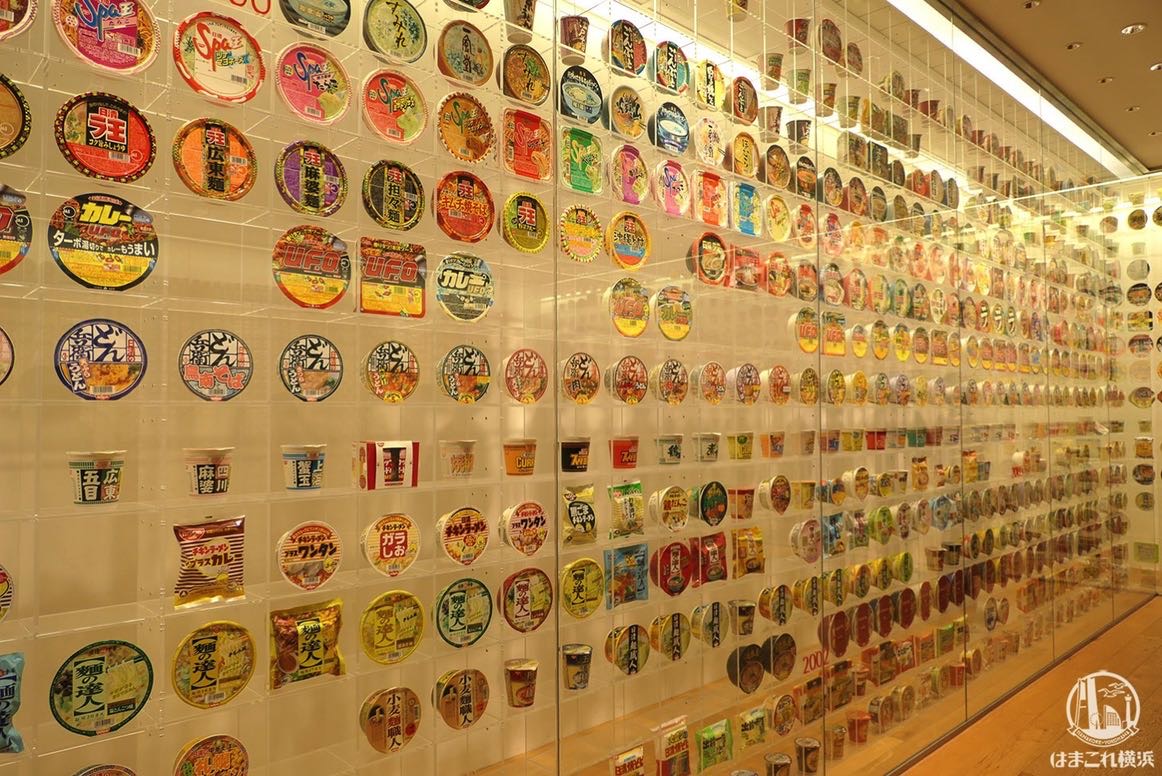 https://hamakore.yokohama/cupnoodles-museum-report/
https://hamakore.yokohama/cupnoodles-museum-report/To get to the Cup Noodle Museum in Yokohama it takes about an hour by train from central Tokyo.
There are various exhibits and attractions including:
- Chicken Ramen Factory
You can make your own chicken ramen - NOODLES BAZAAR
You can try noodle dishes from around the world. - My Cup Noodle Factory
This is the most popular attraction where you can make your own original cup noodles by drawing pictures and letters on a white cup and adding soup and your favourite ingredients.
Some days it gets so crowded that there are waiting times, so it is recommended to go early.
Animal Cafes
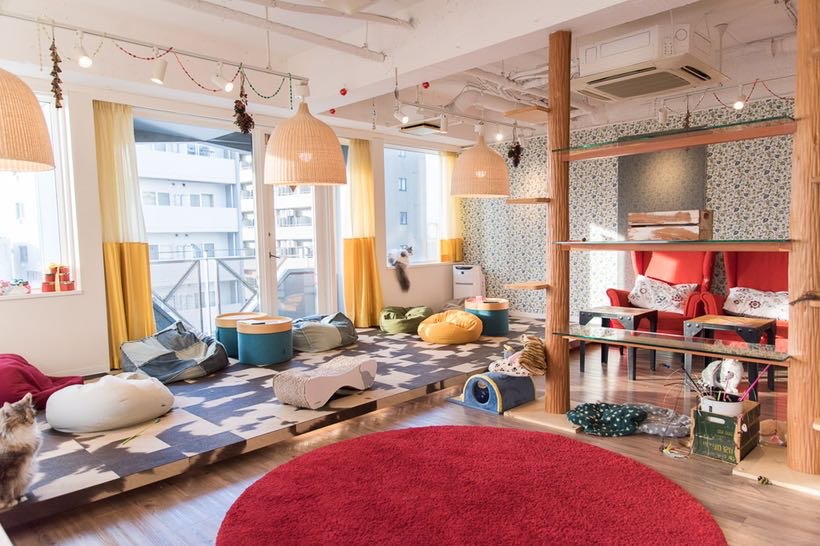 https://ねことぼく.jp/cat-cafe-asakusa/
https://ねことぼく.jp/cat-cafe-asakusa/Animal cafes are places where you can enjoy eating and drinking whilst interacting with various different kinds of animals which are allowed to roam free.
There are many types of animal cafes including cat cafes, dog cafes, owl cafes and hedgehog cafes.
These cafes are very popular in the city because you can easily touch the animals.
There are the rules at each cafe, such as how to touch, feed, and take pictures of the animals.
In most cases, the fee is based on time spent in the café and food and drink are charged separately.
Animal cafes are a great spot for animal lovers.
TeamLab Borderless
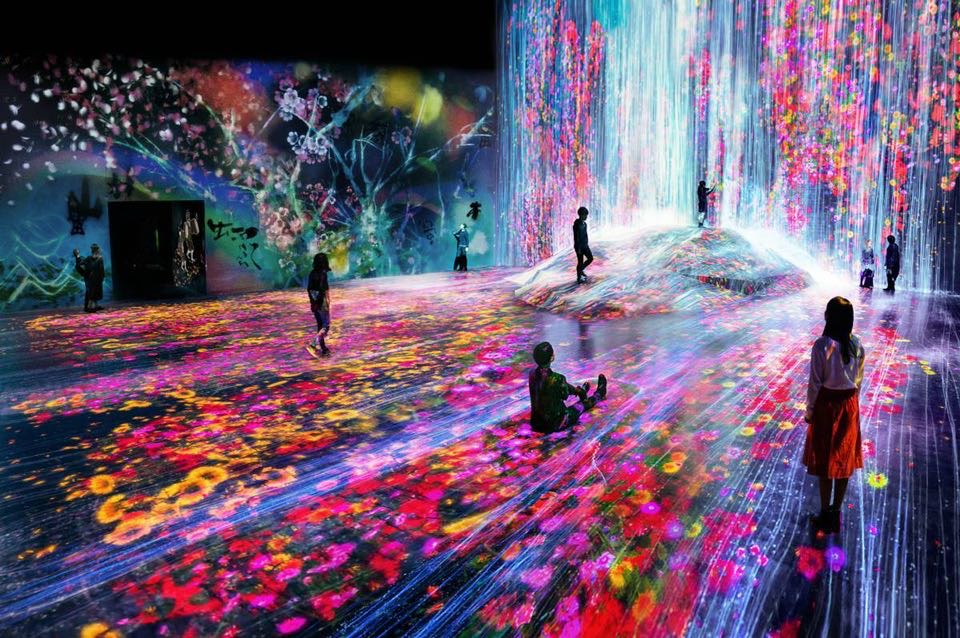 https://borderless.teamlab.art/jp/
https://borderless.teamlab.art/jp/This is a hands-on museum by TeamLab which is famous for its many places for taking fantastic photos and is very popular with both Japanese people and foreigners.
There are two facilities, “TeamLab Borderless” in Odaiba and “TeamLab Planets” in Toyosu.
Three dimensional images are projected onto a large space, and light and sound are used to create a fantastic and beautiful space.
The effects vary depending on the time of day, so you won’t get bored even if you spend a long time there.
TeamLab Borderless” in Odaiba is a vast space of 10,000 square meters divided into four major themes.
You may have to wait in line to enter the “Forest of Lamps,” where you can walk through thousands of shining lamps, but it is a must-see.
It might be crowded, so weekdays are the best time to visit. If you are a student, don’t forget to bring your student ID. Tickets can be purchased online in advance (as of December 2020).
■TeamLab Borderless official website
Ninja, Samurai Experience
Ninja Karakuri Yashiki, Samurai Museum, and Ninja Shinjuku Ajito are all located in Shinjuku and are all based on the theme of ninjas and samurai.
Ninja Trick House
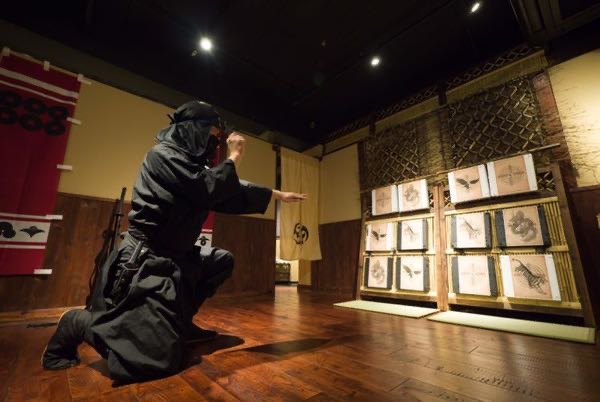 https://www.gotokyo.org/jp/spot/145/index.html
https://www.gotokyo.org/jp/spot/145/index.htmlThis is an attraction facility where you can throw shuriken and hold mock Japanese and ninja style swords.
Both children and adults can enjoy the authentic ninja action and lectures by the staff on how to throw shuriken and handle swords.
It is not a very large facility so the maximum number of people who can enter at one time is ten. It takes about 40 minutes, including waiting time.
Samurai Museum
 https://www.samuraimuseum.jp/experience/index.html
https://www.samuraimuseum.jp/experience/index.htmlThis is a museum which displays armour and kimonos.
The museum does not have a large collection, but the detailed explanations of armour and Japanese history in foreign languages make it easy to understand even if you have no knowledge of them.
You can also take a closer look at the back of the armour, which is rarely seen in other museums, as well as try on the armour and kimono for free and take photos.
Ninja Shinjuku Ajito
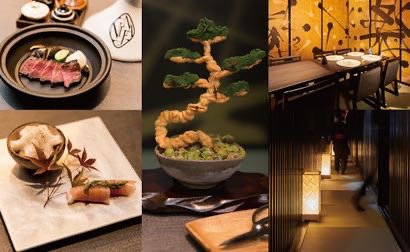 http://ninjaworld.jp/shinjuku/
http://ninjaworld.jp/shinjuku/A restaurant where you can enjoy Japanese and ninja-themed food prepared by waiters dressed as ninjas. You can watch a magic show by senior ninjas and enjoy authentic dishes made with Omi beef and other ingredients. A vegetarian menu is also available. You can also enjoy your meal wearing a ninja costume. (Reservations are required for the ninja costume plan.)
Real Escape Game Event
This is a game where people gather together to solve riddles in order to ‘escape’ the area.
Venues range from public facilities such as train stations and amusement parks to rooms in apartment buildings.
The goal is to escape from the venue by solving the riddles.
Many of the riddles are very difficult and require cooperation from multiple participants to solve.
There are eight facilities in Tokyo, including “Tokyo Mystery Circus” in Kabukicho, Shinjuku.
The contents and themes of the games change every now and then and there are many collaborative events with anime, manga, and games.
Most of the games are held in Japanese only, but the Shinjuku, Asakusa, and Kichijoji locations offer “Real Escape Games” in English and Chinese on an irregular basis.
Tickets are sold online.
The location, method of participation, ticket prices and hours vary from event to event, so it is best to first look for and check out the escape game of your choice on the official SCRAP website.
Toyosu Market
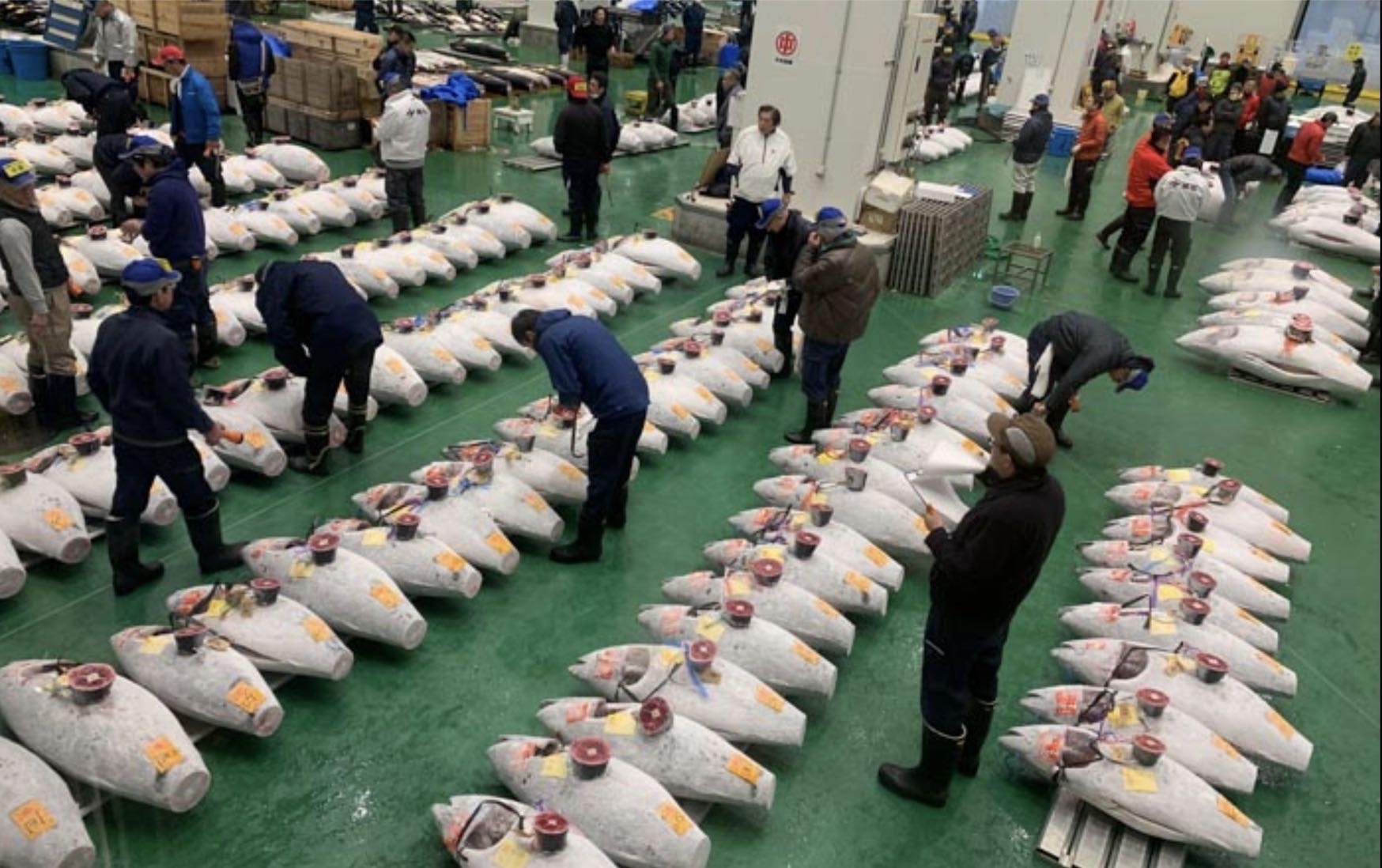 https://toyosu.blog/toyosu-seri-kengaku/
https://toyosu.blog/toyosu-seri-kengaku/Toyosu is a public wholesale market.
It is one of the 11 central wholesale markets in Tokyo and opened in 2018, replacing the Tsukiji Market which had been in operation since before World War II.
The market deals in fruit and vegetables, as well as seafood products.
The inside of the market building is well maintained, and there is an aisle dedicated for visitors.
The market is viewed through the windows in the passageway.
To see the famous tuna auction, you need to go early in the morning (around 5:30a.m. to 6:00 a.m.), but the huge tuna lined up in a row and the excitement of the merchants trying to bid on them is a sight to behold.
There is also a panel explaining the hand signs used during the auction, called “teyari,” which makes it easy for beginners to understand what is happening at the auction.
Additionally, there is a glass-walled observation deck separate from the aisle where visitors can watch the tuna auction more closely than from the aisle.
Admission to the observation deck is by lottery after prior application.
The tuna requires cold air, so it is cold inside the venue and it is recommended to bring warm clothes.
Auctions are held mainly from early morning to mid-morning.
Most of the stores, including restaurants and souvenir shops, close in the afternoon, so it is best to visit in the morning.
There are 32 restaurants in the market, and sushi restaurants that use fresh ingredients from Toyosu are especially popular.
The queue for Sushi Dai starts early and can be as long as two hours.
Many of the restaurants close when they run out of ingredients, and sometimes close earlier than planned.
These are just ten of the unique experiences you can have in Tokyo, but there are many more interesting places to visit in Tokyo.
I hope that you have discovered something new from these listings and that you will explore Tokyo and discover its charms in a new way.


